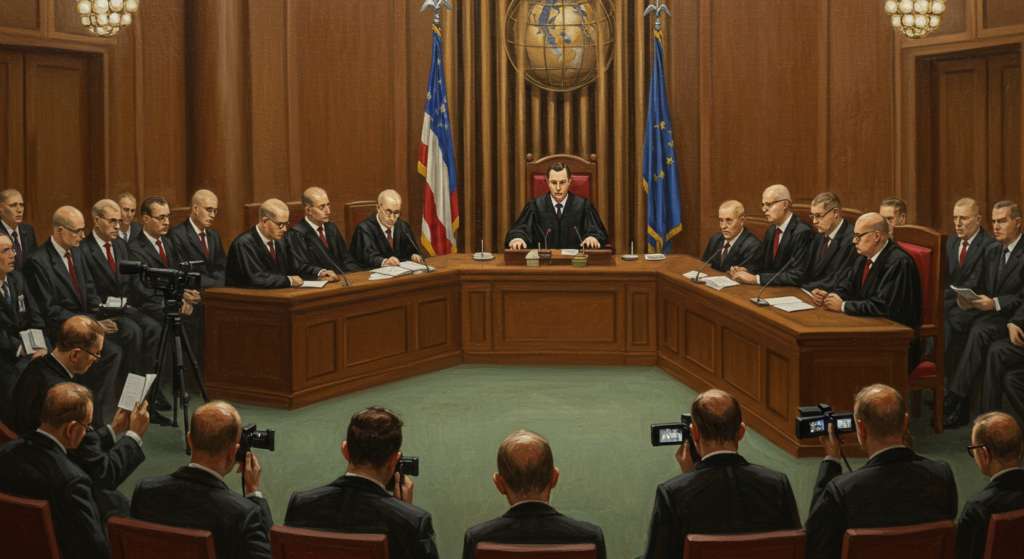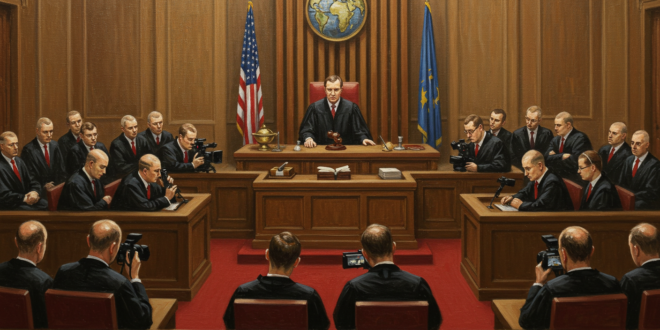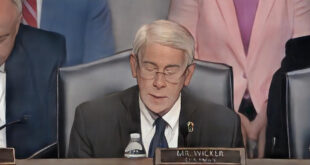World Court Declares Israel’s Occupation Unlawful
The World Court has officially declared Israel’s occupation unlawful and has stipulated that it must be terminated completely and as rapidly as possible. This ruling reinforces the principles of international law and demands immediate action.
Violation of International Law
The court found that Israel’s illegal occupation violates the UN Charter, human rights, and international humanitarian law. Additionally, it unequivocally declared that all Israeli settlements in the occupied Palestinian territory are illegal and must be dismantled, and that all Israeli settlers must be evacuated.
Denial of Palestinian Self-Determination
Beyond its illegality, the court ruled that Israel’s occupation not only violates but obliterates the Palestinian people’s right to self-determination in their own land. This includes their fundamental right to establish their own state.
A Long-Awaited Verdict

This ruling couldn’t be more timely or desperately needed. The Palestinian people have endured decades of unbearable suffering and injustice. This decision serves as a vindication of their steadfastness and perseverance—a long-overdue recognition of their struggle. Justice must no longer be denied or deferred.
Palestinian Sovereignty Recognized
The court made it clear that the Palestinian people are the sole sovereign authority over the occupied Palestinian territory, including East Jerusalem. Furthermore, it affirmed that the international community has a legal obligation not only to reaffirm this right but to actively ensure its immediate implementation.
Global Responsibility and Action
All states and the United Nations are now under an obligation not to recognize Israel’s presence in the occupied Palestinian territory as legal. The time for passive acknowledgment is over—action is required.
A Journalist’s Reflection
We have failed you. This is the awful guilt we carry.
We tried, but we did not try hard enough. Many of us—reporters who stood at Gaza’s borders in protest—witnessed, documented, and spoke out. It was not enough.
This is what we do. It may not be much, but it is something.
You will tell your story again. And perhaps, one day, it will be enough to earn the right to ask for your forgiveness.
Thank you.
 Cmtv News News -Education – Entertainment – Sports
Cmtv News News -Education – Entertainment – Sports







